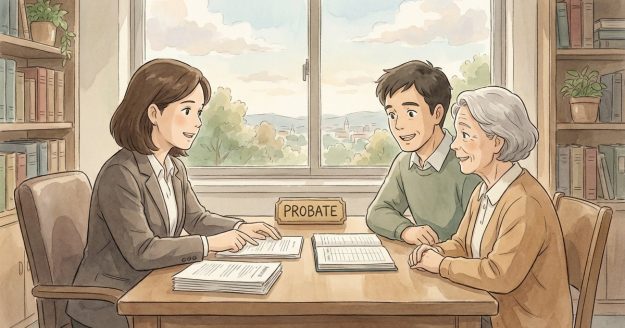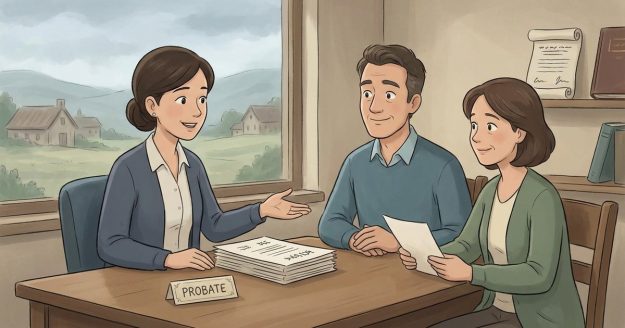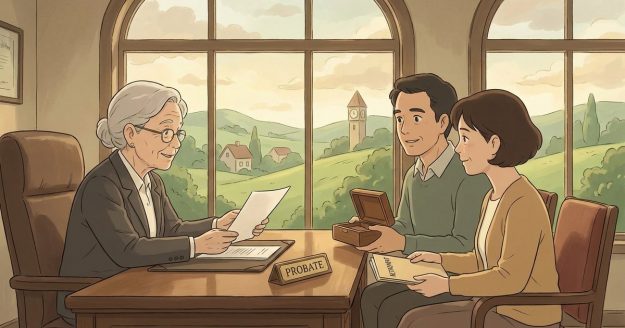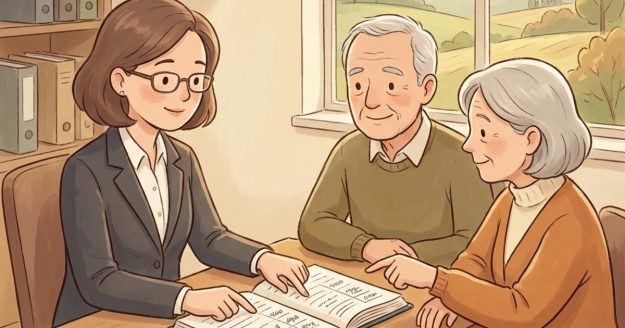What are the next steps after receipts are filed with the clerk in a probate dispute over estate expenses? nc
What are the next steps after receipts are filed with the clerk in a probate dispute over estate expenses? – North Carolina Short Answer In North Carolina, once the executor/administrator files receipts or other backup in the estate file, the next steps usually depend on whether an interested person still disputes the expense. If the…











